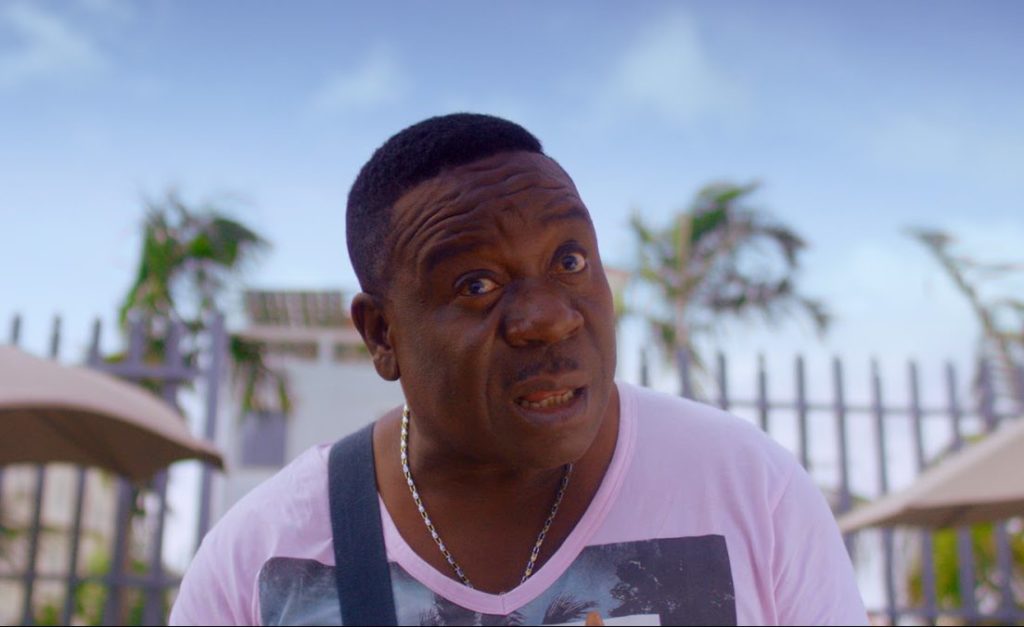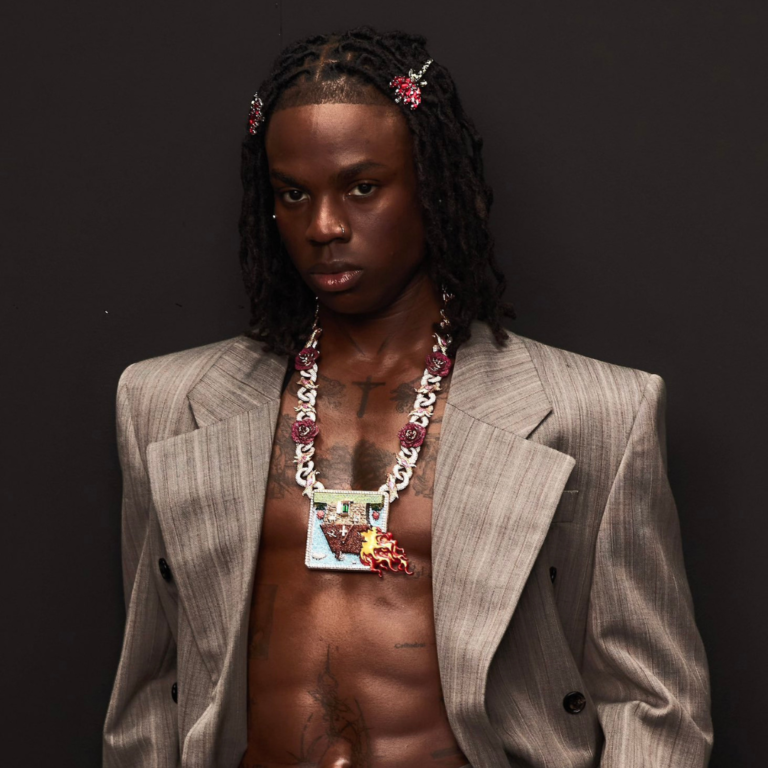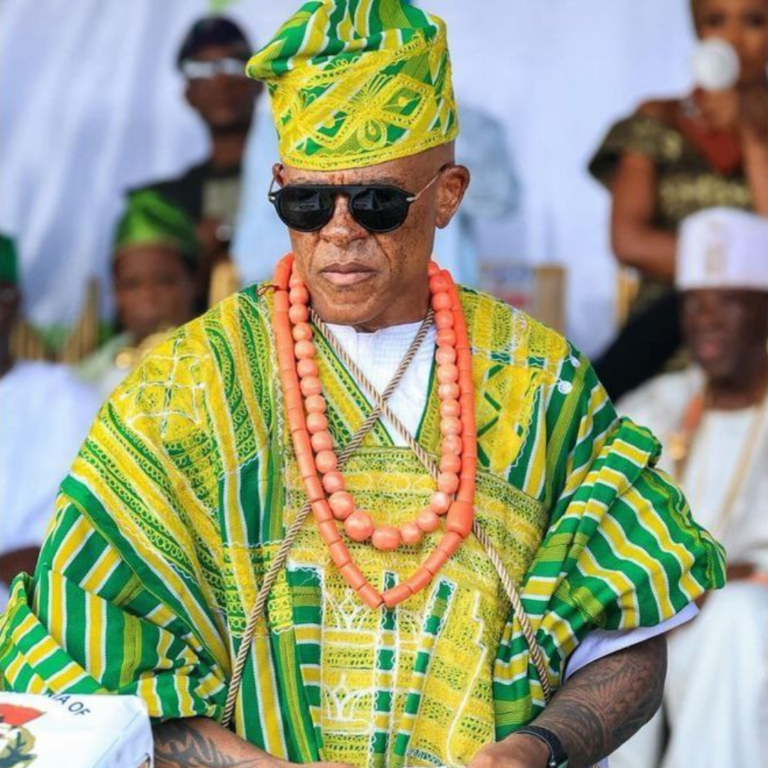My funniest memory of living in a rented room-and-parlour flat growing up was getting scolded for watching films in our neighbour’s house. A new family moved into the flat beside ours in 2002, and they always watched Nollywood home videos — remember those?
Two years after my neighbours had settled in, I noticed they spent more time in front of the TV than we did. Every time I passed their front door, the sound of their excitement over whatever they were watching made me want to knock on their door and ask for a seat among them.
At their place, I memorised Austino Milado’s “Super Eagles Carry Go” album and first watched “Mr Ibu and His Son” on their Panasonic screen. Before experiencing this local side of television, I was only familiar with “Blade”, “Zorro” and other Hollywood flicks on my parents’ Orion four-square TV.
One evening, their mum returned from her shop, and her kids excitedly surrounded her for the goodies she brought home. She waved a video cassette of “Mr Ibu” in their faces and caused an uproar.
It’s hard to forget the opening scenes of “Mr Ibu”. The titular character, played by John Okafor, and his son (Osita Iheme) were riding on a bicycle, when someone told them their weight would crush it. Ibu got down but left his son on it and continued their journey.
Another person saw them and whined about how Ibu’s son was wicked to ride while his father walked. The ever-conforming Mr Ibu reversed the arrangement. World people saw them again and condemned Ibu for being a heartless parent.
Eventually, Ibu got down, and they both walked on foot and pushed the bicycle with their hands. Then some other stranger called them foolish for walking while the bicycle rode empty. The act proved that it’s impossible to please the world, like the story and lesson from Ebenezer Obey’s “The Horse, The Man & The Son”.
His perplexed son asked why people complained about whatever they did and how to stop it from happening. Mr Ibu told him it was the way of the world, and the only way out of it was to die. Ibu’s son responded, “But Papa, you’ll die first so that I’ll bury you.” After a few words, Ibu decided the bicycle was the cause of their weird encounters with people, and it was best to abandon it.
I enjoyed the movie until my mum grabbed me from behind as I peeped through our neighbour’s front door which they’d left ajar — Nigeria used to be in those days. She dragged me away by my left ear. My neighbours’ laughter reached me in our parlour as I ran errands for the next few weeks.
Mr Ibu, as everyone started to call John Okafor, soon became popular in our building. A simple mention of his name came with erupting laughter and amateur takes of his funny scenes. The success of the film brought us “Mr Ibu in London”. And as I grew older, he became even more famous. I watched him in “9 Wives” and “Husband Suppliers” with the same neighbours.
I didn’t know the names of the other actors, but I knew Mr Ibu.
Before I fell for the silliness of Mr Bean, Mr Ibu was my go-to funny guy. He was perfect until I started finding faults in Nollywood movies, comparing them to Hollywood. Before Jerry Seinfeld, Dave Chappelle or Trevor Noah, I knew Mr Ibu and narrated scenes from his films with my friends.

As a young adult, I got detached from Mr Ibu’s brand of comedy, but then, memes and GIFs came around. The funny scenes I grew up watching turned into iconic moments on the internet. Chats with my friends and online users are funnier because his memes come in handy. My funny articles bang harder when I include his face. Mr Ibu is still with me. It’s the same for many other Nigerians.
So when he posted a video on his IG page on October 18, 2023, the news of his ailment, asking for financial assistance from the public, was devastating to most. Ibu’s sharp mouth that once dished out sarcastic responses became frail before the world’s eyes. From his sick bed, it was easy to see he wanted to stay alive and live longer. People loved him and came to his aid.
But the donations only caused discord among his family members; he never got better.
On March 2, 2024, Mr Ibu’s name hit the news again. The veteran comedian had passed away. My mother died exactly nine years to this day, and there’s nothing I’d love more than to watch “Mr Ibu and His Son” for the first time again. But this time, with her. No one dragging anyone away. We’d laugh and just enjoy it.
Mr Ibu is a symbol of the classical era of Nollywood comedy. He’s much more than comic relief or viral memes, GIFs and stickers. He’s an icon and was a fantastic actor. His art will remain a memorabilia of his existence. He’ll live on through every film he starred in from age 18 to 62. This is a personal tribute to his legacy.




